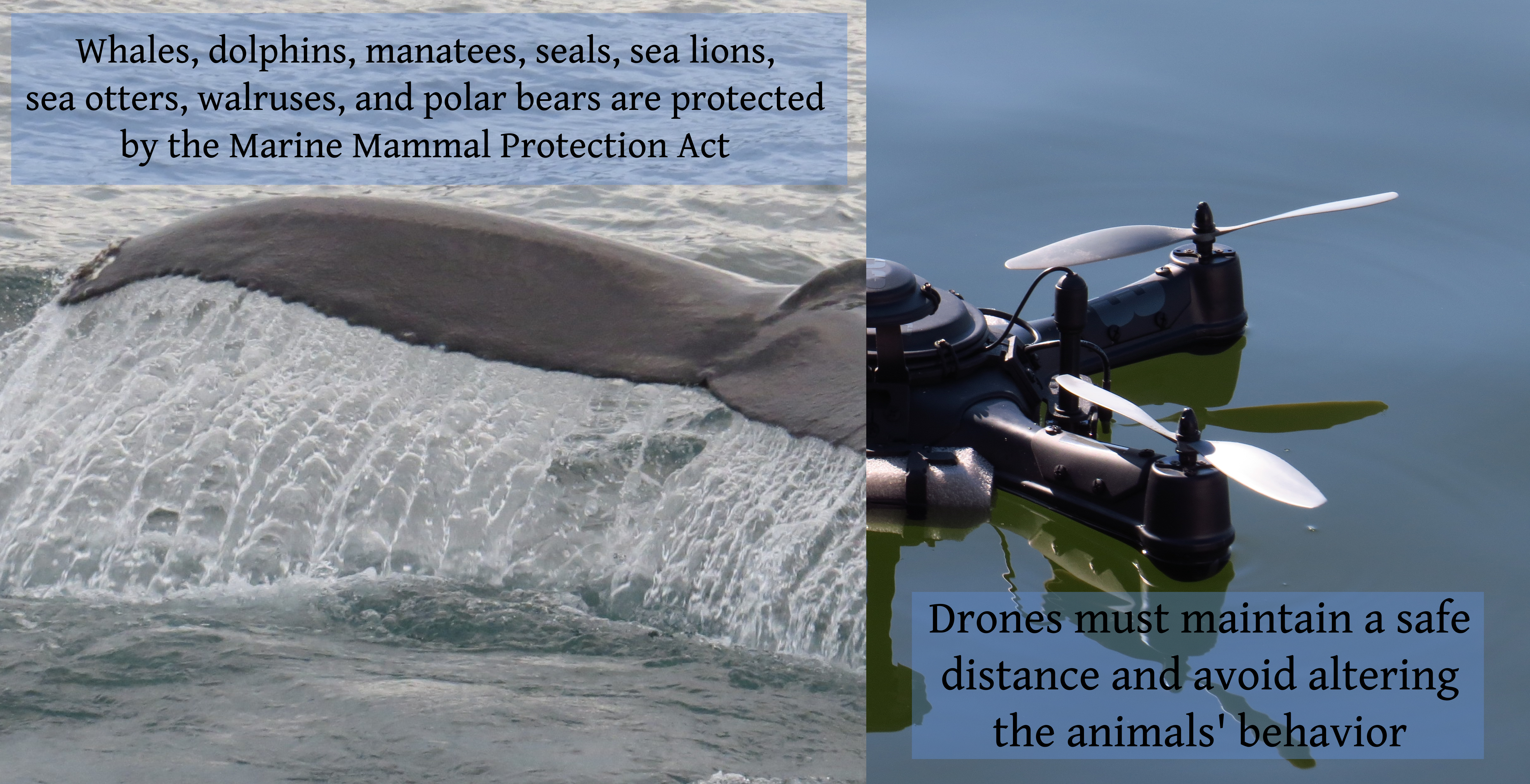I submitted the following to the FAA regarding docket number FAA-2015-0150: Operation and Certification of Small Unmanned Aircraft Systems. Comments can be filed online, but I also sent an actual, physical letter. If you care about the regulation of drone in US airspace, you have until April 24, 2015 to submit you own.
I am a marine ecologist based in Virginia, with plans to operate small Unmanned Aircraft Systems in the conduct of marine ecologic research.
With regards to the FAA’s recently proposed regulations for the Operation and Certification of Small Unmanned Aircraft Systems, I find that the vast majority of suggested restrictions and requirements to be both reasonable and not particularly onerous for those wishing to operate UAS’s for commercial purposes. I commend the FAA for taking a pragmatic approach to UAS regulation. In particular, I support the requirement for a comprehensive knowledge test, which will be separate from and less expensive than a full pilot’s license. I also appreciate the recognition that UAS technology is advancing so quickly that a certification of airworthiness for specific airframes will place an undue burden on commercial pilots and force them to operate vehicles several generation behind the state of the art. I also approve of a special exemption for “microdrones”, which have significantly a lower safety risk and allow UAS pilots additional freedom in their use of very small vehicles.
I approve of the requirement that operators maintain visual line-of-sight, however, in the proposed regulations, there are make no provisions for autonomous flight. Autonomous flight dramatically changes the relationship between the aircraft and the operator and is an essential component of ecological surveys, allowing drones to fly straight transects and pinpoint sampling sites. This points to a more specific problem with the proposed regulations: in current form, there is little clarity regarding the role of scientists and other researcher in relation to UAS use. Will ecologists fall under the same restrictions as commercial drone pilots, or will they be treated more similar to hobbyist?
I urge the FAA to adopt a “Science Flyer” certification, similar to the American Association of Underwater Scientists “Science Diver” program. To wit, science divers have enhanced training requirements over recreational SCUBA divers, but less than professional commercial divers. A Science Flyer program could span a similar gap, with more training requirements than a hobbyist but fewer restrictions than a commercial UAS operator and could also provide additional training and certification to allow for autonomous operation.
Read More “Science Flyers: My comment to the FAA regarding proposed new drone regulations.” »
